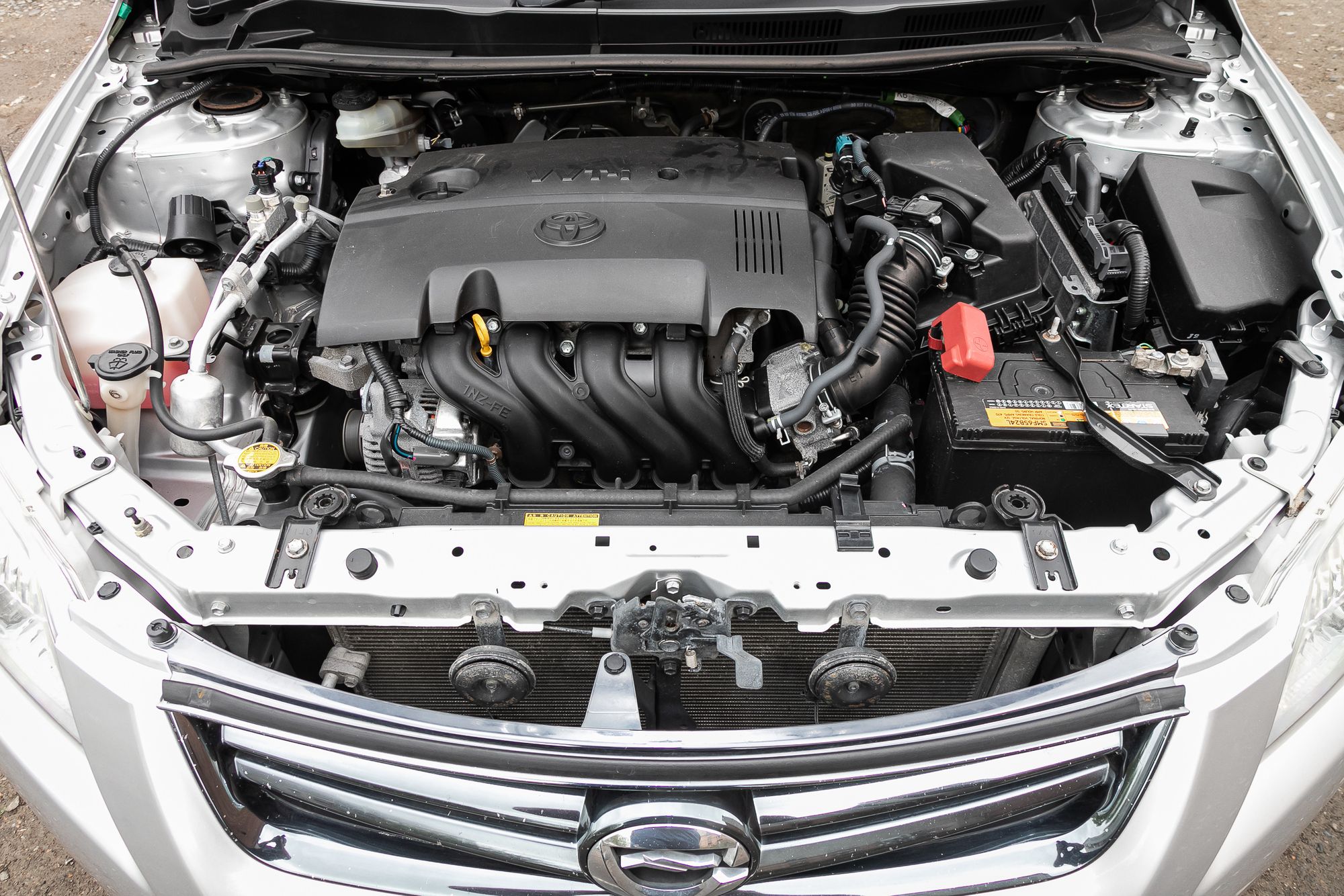There is no such thing as knowing too much about your car, so familiarizing yourself with some general information is always a good idea. If your car is getting older and you want to make sure you are keeping your car in the best possible shape, the Wrench blog has everything you need. Understanding the health of your engine will help prolong its life and will make you better fit for identifying any issues it may have down the road. If you sense that something does not seem right with the engine, whether it be an unusual noise or a performance issue, schedule an appointment with a Wrench mobile technician today. One of our ASE-certified mechanics would be happy to come to your home or place of work and take a look at your car’s engine so that you do not encounter any issues that could impact your safety or drivability. Understanding the age of a vehicle’s engine is also extremely important if you are in the market for a used car, because this is a significant factor that you want to take into consideration when making a decision. For more information on buying a used car, click here.
Get a free quote
So what is the average lifespan of a car’s engine? The bottom line is, it depends. Where you live, what car you drive, and how much mileage the car are just a few factors that influence your engine’s lifespan. Another factor that contributes is how well you maintain your vehicle normally. Following the maintenance schedule in your vehicle’s owner’s manual is guaranteed to save you a lot of money in the long run because staying on top of routine maintenance will help avoid any larger issues. Our Wrench mobile technicians are more than happy to help you with any of this maintenance or even if you just have questions about how to best take care of your car.
With rough estimates of average mileage and vehicle model, it is said that engines on newer cars have an average lifespan of around 10 years or 200,000 miles. It is common for vehicles to get driven 10,000-20,000 miles per year, which can give you an idea of how long your engine is likely to last. That being said, it is important for every individual driver to take into account the various factors that can influence engine lifetime, and make an educated guess about your own car’s engine.
Oftentimes, engine lifespan and car lifespan are interchangeable, because an engine that is well taken care of may not have to be replaced at any time. The last thing you want to happen is for your engine to fail due to easily avoidable issues. Keep an eye out for any signs of overheating or improper lubrication. Having a Wrench technician change your oil regularly and top off the other fluids will help ensure that this does not happen. Engine failure is extremely expensive and can sometimes be dangerous, so make sure to stick to the maintenance schedule in the owner’s manual and inspect your car yourself frequently.
We hope that you are better informed about the lifespan of your car’s engine and can use this information to keep your car running smoothly for years to come. Whether you are looking to buy a used car or just wanting to learn more about the car that you drive, it is important to be educated. Owning a car is a big responsibility and having a good understanding of the car you drive will ensure that you are safe on and off the road. If you have any other questions about our services or using Wrench during a global pandemic, feel free to talk to our customer service team through email, at hello@wrench.com, or by phone, at 844-997-3624.
Get a free quote


